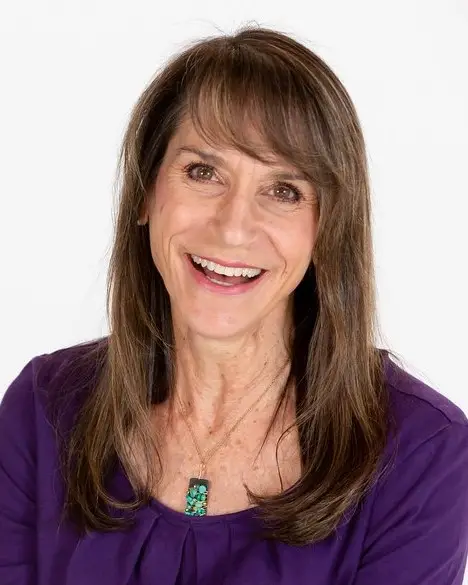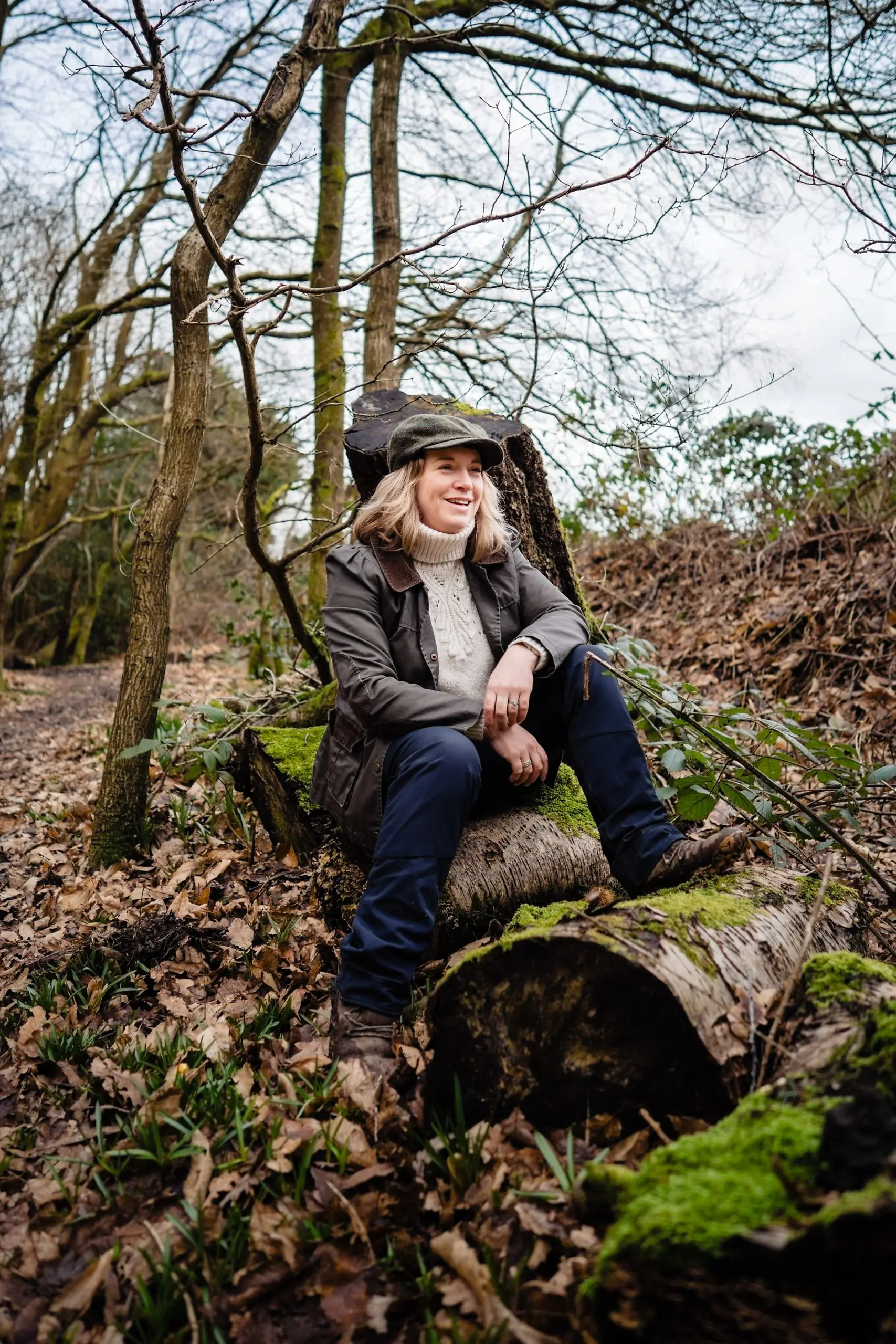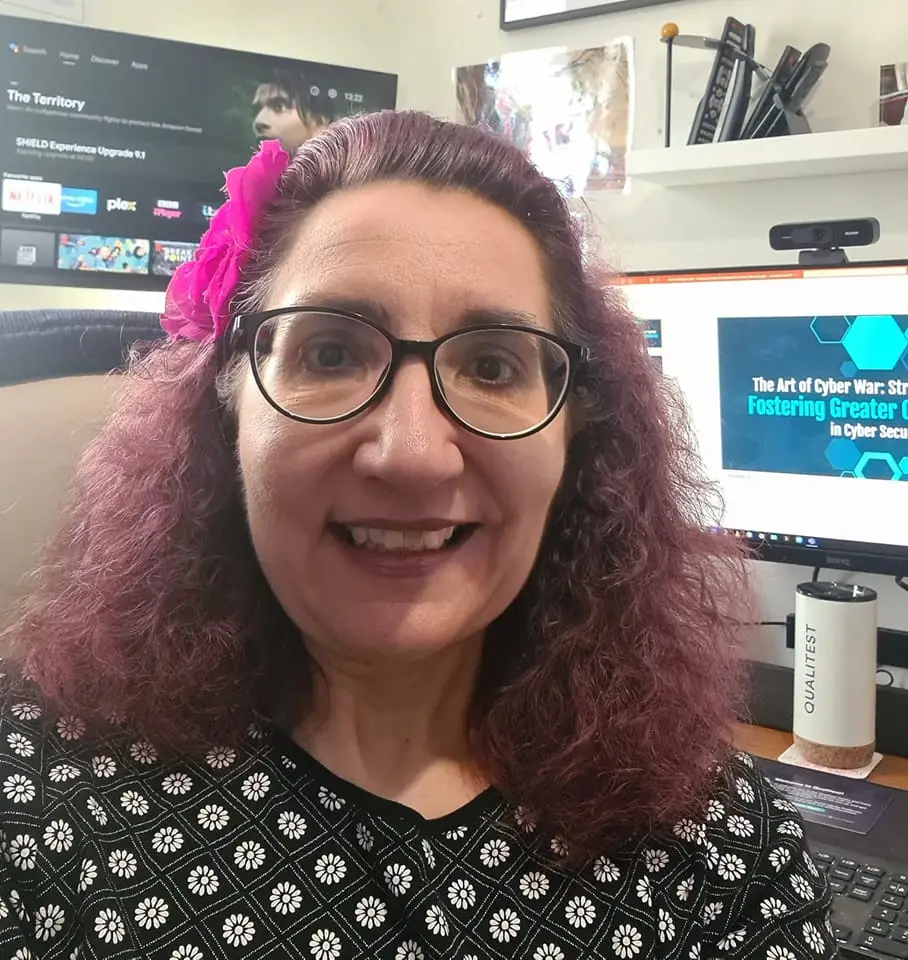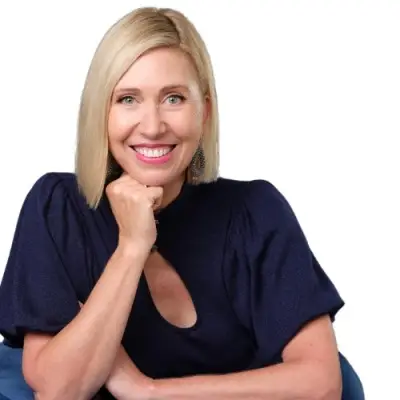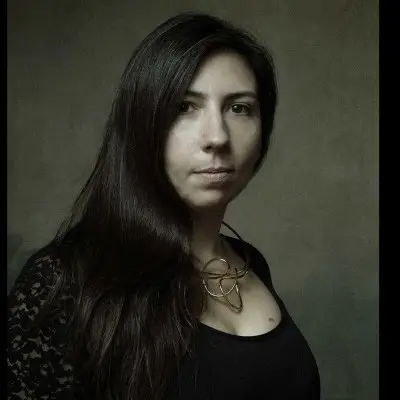Trish Wilkinson is a teacher, author, and founder of Brain Stages whose mission is to make learning joyful and effective for children — and for the adults who teach them. After 23 years in the classroom and personal experience helping her own children overcome learning and attention challenges, Trish developed simple, research-backed classroom practices that transform behaviour, boost learning, and build confidence. We’re featuring her story because it offers practical hope and scalable tools for our 5M+ Humans of Fuzia community who support women as learners, leaders, parents and change-makers.
What inspired you to start Brain Stages and focus on brain-friendly teaching?
I was a teacher for 23 years and, despite being immersed in education, my own children were struggling — with attention, auditory processing and anxiety. That pushed me into researching and experimenting with what actually prepares a child’s brain for learning. When simple practices like a drink of water, short exercise, a brain game, and deep breathing started to change things, I knew I had to scale it beyond my classroom.
What are the core practices you use to prepare kids for learning?
I boiled it down to simple, repeatable habits: 1) a drink of water, 2) about 10 minutes of exercise (even 2–10 minutes helps), 3) a short brain game to regulate attention and executive function, 4) three deep breaths, and 5) helping students create a personal purpose for the week’s learning. Over time I added a weekly reflection so students process and articulate what they learned and how they will use it.
Why do these small things matter?
They change what happens in the brain. When students prepare their brains, have a purpose, and then process what they learn, the material is stored differently — in more areas of the brain — which means better retention and application. Practically, classrooms become calmer, teaching becomes easier, and students build confidence and leadership as they take turns running the routines.
How did this work translate into measurable results?
My classrooms started seeing marked improvements in behaviour and test scores. One year our scores outperformed classrooms that had the so-called ‘primo’ students — so much so that administrators placed a proctor in my classroom to observe. The difference was simple habits applied consistently and handed over to students to lead.
You’re an author and gave a TEDx talk. How did that influence your next steps?
Writing and presenting helped me refine the message and led to invitations to train teachers and parents. I wrote Brain Stages: How to Raise Smart, Confident Kids and Have Fun Doing It, and after my TEDx I started small cohorts of teachers and homeschooling parents to test and scale the practices.
Tell us about Right to Win and your work with other writers and educators.
Alongside Brain Stages I’ve coached writers — several have become best-selling authors — and I’ve enjoyed working on writing retreats. Much of my income has come from coaching other authors and doing workshops. Right to Win grew from that intersection of writing, coaching and supporting others to achieve their goals.
How do you use AI and tech in your classrooms or programs?
I use vetted, educator-focused tools (for example, schoolai-style tools designed for classrooms) to quickly generate age-appropriate, real-world applications of concepts. For instance, if a class is learning elapsed time, a teacher can use a prompt to generate multiple ways kids might use that skill in daily life — then students choose what matters to them and write about it.
What advice would you give to budding entrepreneurs, especially women?
If you have a vision, don’t assume it’s impossible. Take a stand for what you want to do and people will appear to help you. Passion attracts like-minded collaborators, and what looks impossible today can become doable when you commit and keep taking small steps.
“Take the stand that you’re going to do something — and watch people come out of the woodwork to help. What looked impossible becomes possible when you keep showing up.” — Trish Wilkinson
Connect with Trish Wilkinson:
Want to be featured? If you’d like to be featured in the Humans of Fuzia series, email us at fuziatalent@fuzia.com.



